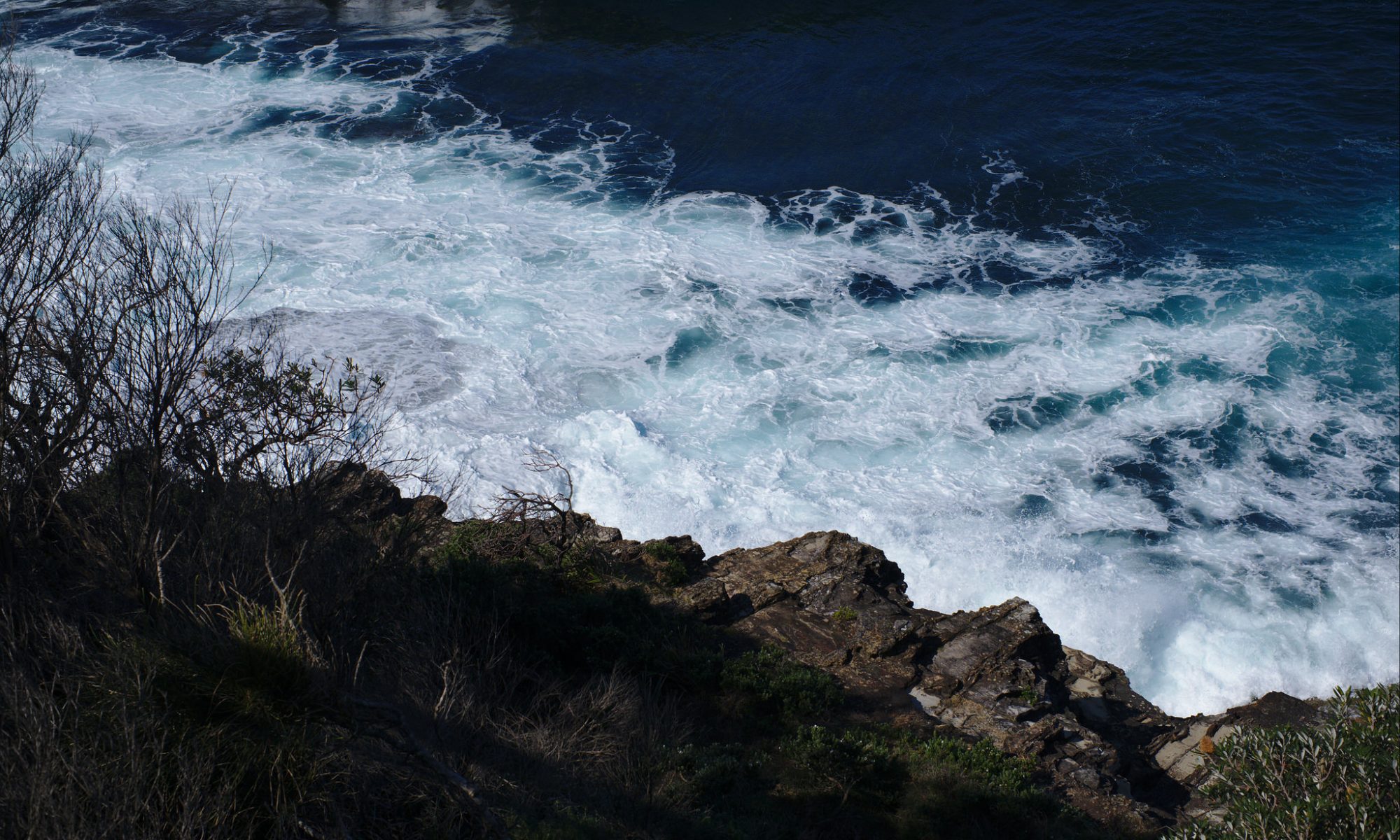This article originally appeared on Hoyden About Town.
Via the Australian Breastfeeding Association on Twitter, this press release from the Federal Attorney-General:
Attorney-General Robert McClelland and Minister for the Status of Women Kate Ellis today welcomed the passage through Parliament of the Sex and Age Discrimination Legislation Amendment Bill 2010.
The new law will provide greater protections by… establishing breastfeeding as a separate ground of discrimination, and allowing measures to be taken to accommodate the needs of breastfeeding mothers…
Here’s the text of a Senate review of the Bill as regards breastfeeding:
Creating a separate ground of discrimination for breastfeeding
2.9 Item 17 of Schedule 1 of the Bill would insert a separate ground of discrimination in relation to breastfeeding into the Sex Discrimination Act, to implement Recommendation 12 of the Senate Report. The Senate Report recommended that a separate ground be created because:
…the intent of the Act is to protect women from discrimination based upon them breastfeeding. This is achieved by providing in subsection 5(1A) that breastfeeding is a characteristic that appertains generally to women. This seems a somewhat circuitous path. It would be desirable for the Act to provide for specific protection against discrimination on the ground of breastfeeding.[17]
2.10 The separate ground of discrimination, provided for in proposed new section 7AA, only applies to women who are breastfeeding. ‘Breastfeeding’ would be defined as ‘the act of expressing milk’; ‘an act of breastfeeding’; and ‘breastfeeding over a period of time’. The inclusion of a reference to ‘breastfeeding over a period of time’ would ensure that a respondent cannot claim that a discriminatory act was lawful because the complainant was not actually breastfeeding at the time the act occurred.
2.11 The protections against discrimination on the ground of breastfeeding would be extended to both direct discrimination and indirect discrimination, under proposed subsections 7AA(1) and (2) respectively. Under subsection 7AA(1), direct discrimination would occur if a person treats a woman less favourably than someone else, ‘in circumstances that are the same or not materially different’, by reason of:
…the woman’s breastfeeding; or
…a characteristic that appertains generally to women who are breastfeeding; or…that is generally imputed to women who are breastfeeding.
2.12 The EM also provides an example of both direct and indirect discrimination in relation to breastfeeding:
- direct discrimination would occur where an employer refuses to hire any woman who is breastfeeding, or a restaurateur declined to serve a breastfeeding patron; and
- indirect discrimination would occur where an employer imposes a requirement on employees that they ‘must not take any breaks for set periods during the day under any circumstances’, which would have the effect of disadvantaging women who ‘need to express milk’.
2.13 The Bill provides that discrimination on the grounds of breastfeeding is also prohibited in the following areas of public life (subject to certain exemptions in Division 4 of the Sex Discrimination Act):
- education;
- goods, services and facilities;
- accommodation;
- land;
- clubs; and
- the administration of Commonwealth laws and programs.
2.14 Item 60 of Schedule 1 would prevent a man from bringing a complaint of unlawful sexual discrimination on the basis that a person grants to a woman rights or privileges related to the fact that they are breastfeeding. This amendment recognises that breastfeeding may ‘give rise to special needs, such as for private areas for breastfeeding, or hygienic areas for storage of expressed milk’, which should not be subject to complaints of discrimination.
I am assuming that the wording that regards all people lactating and feeding a baby as women is a pretty pervasive problem in this area? Otherwise this seems like very good news on a number of fronts.
The bill also has provisions about discrimination on the basis of family responsibilities, and increased protection for students who are harassed, including provisions about the harassment of a student by others from a different institution (I’m recalling now the University of Sydney strengthening their internal provisions regarding their residential colleges), and harassment of students under the age of 16.

